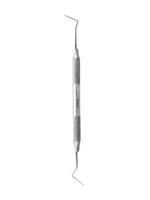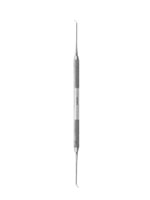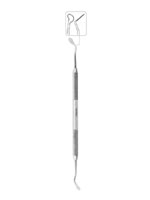- Function: Designed for gripping, twisting, bending, and cutting tasks, commonly used in various trades and DIY projects.
- Types: Includes various types such as needle-nose, lineman’s, slip-joint, and cutting pliers, each suited for specific tasks.
- Design: Typically features two levers joined by a pivot point, with serrated or smooth jaws for enhanced grip.
- Material: Often made from high-strength steel or other durable metals, with handles coated for comfort and grip.
- Jaw Types: Can have different jaw shapes and textures, such as flat, curved, or grooved, for different gripping and cutting needs.
- Adjustability: Some pliers, like slip-joint pliers, offer adjustable jaws to handle a range of sizes and shapes.
- Ergonomics: Many have padded or rubberized handles for better comfort and reduced hand strain during extended use.
- Uses: Widely used in electrical work, plumbing, mechanical repairs, and general household tasks.
- Maintenance: Typically requires periodic cleaning and occasional sharpening of cutting edges to maintain performance.
Menu







